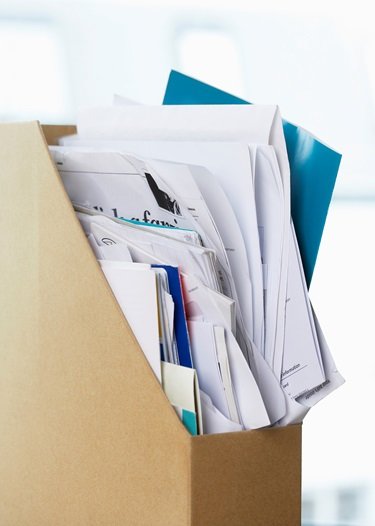Get organised ‘paper shuffling’!
I am so excited! This week, I will spend a significant amount of time on ‘paper shuffling’. Now this might not sound very exciting to most people (hence there are not that many organisers) but it is a great way to start the month of June. June is a month to truly focus on those papers, finances, and all the other joys that go along with it.
Let’s be a bit more specific what makes for good, productive ‘paper shuffling’?
Knowing what to do when sorting papers is important, because whether or not you enjoy going through papers. It needs to be an investment of your time, rather than an exercise to kill time. This week I won’t touch anything too taxing or things that need elaborate work done on them.
I will just go through my files and see
what they are,
if they are still relevant
if they are stored in a useful spot
The fast way to ‘paper shuffle’
The fastest way to go through papers is to quickly group like papers together and bin as many irrelevant items as possible. Once we know what our pieces of paper are and we know that they are still relevant, we need to find a good place to store them.
Will they be a quick reference or long-term storage?
I like the simple paper document wallets, for long-term storage. After you have sorted and grouped your papers, you can put these piles of organised material in the paper wallets. Label them clearly and bring them to the archiving section. If you have a pile of papers that require frequent access, you might want to put your papers in either folders or hanging files.
Here are some other things to keep in mind when starting to sort through paperwork:
If you don’t like organising papers, spend a few minutes at a time (If need be, time yourself 5 or 10 minutes every day. This can turn into a reasonable achievement come the end of the week).
Have goals for each ‘paper session’ you might want to conquer a space on your desk, a folder or open a bunch of envelopes.
Don’t expect too much from yourself; 6 hours of paperwork straight, is generally not going to happen. If it does, it will leave you exhausted never wanting to organise papers ever again.
Reward yourself after a bit of productive ‘paper shuffling’, get a coffee, read a book or watch a movie.
Are you as excited as me? I hope so.
If not, just clear as much as you can in 10 minutes (a day) and do something truly fun. Organising is about doing what needs to be done, so we can spend more time doing the things we want to do.
Want to Learn More?
Do the online course on “How to Organise your Paperwork” or get the book “How to Organise your Home and Paperwork”

